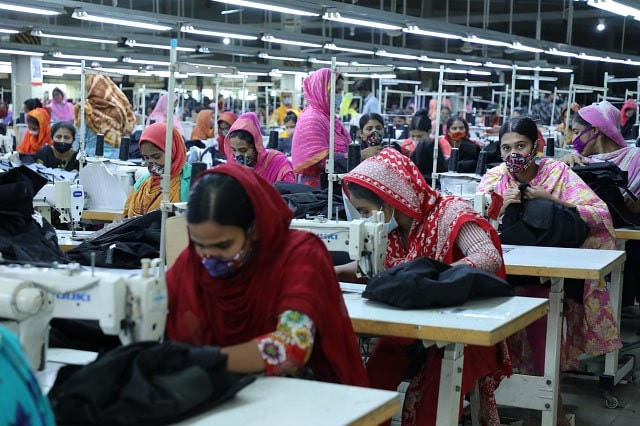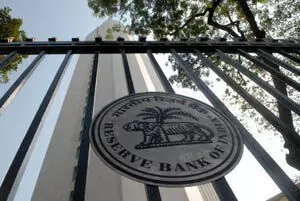
Business: Political unrest in Bangladesh is turning into a financial windfall for the Indian textile and apparel industry. Indian textile companies are getting new orders worth billions of dollars from major buyers in the West. Bangladesh is the powerhouse of the apparel sector, which has seen a 92 per cent growth in exports to $47 billion in 2023. The country was the third-largest exporter of clothing after China and the European Union (EU) last year, and the sector accounted for over 80 per cent of total export earnings. In comparison, India’s apparel exports are less than half, ranking sixth.
However, political turmoil in the country last month that forced ousted Prime Minister Sheikh Hasina to flee to India has left global buyers nervous. After staying for years in Bangladeshi hubs like Chittagong, these buyers have flocked to India’s apparel markets in search of new opportunities. According to reports, garment export hubs like Tirupur in Tamil Nadu, Ludhiana in Punjab, Surat in Gujarat, Jaipur in Rajasthan and Noida in Uttar Pradesh have seen deals worth hundreds of crores of rupees in the last few weeks. Companies from Germany, Netherlands, Poland and Spain are trying to place their bets in India and Vietnam.
The biggest beneficiaries of this shift are Indian garment exporters like Arvind Mills, KPR Mills, Jindal World Wide, Vardhman Textiles, Welspun Living, Raymond, Bombay Dyeing, Nitin Spinners and Indo Count Industries. Speaking to Business Today, Gautam Singhania said, “Raymond is getting a large number of enquiries. We offer all price ranges and export capabilities from fabric to garments.” He further added, “We invested Rs 200 crore last year to increase our capacity, which has come online and is available for new orders.”
Singhania said India is in a unique position to benefit from the crisis in Bangladesh. “Bangladesh does not have a fabric supply. India has a great opportunity to take advantage of this, because we have a fabric base here. They only have a garment base,” he said. Indian exporters usually get orders for the spring, autumn seasons in December-January and the Christmas and holiday season in June-July. Fresh, ‘off-season’ orders have been a bonus for the garment business. Reports say global brands have started social auditing in many factories and if they meet global standards, orders could pick up in 2025.





